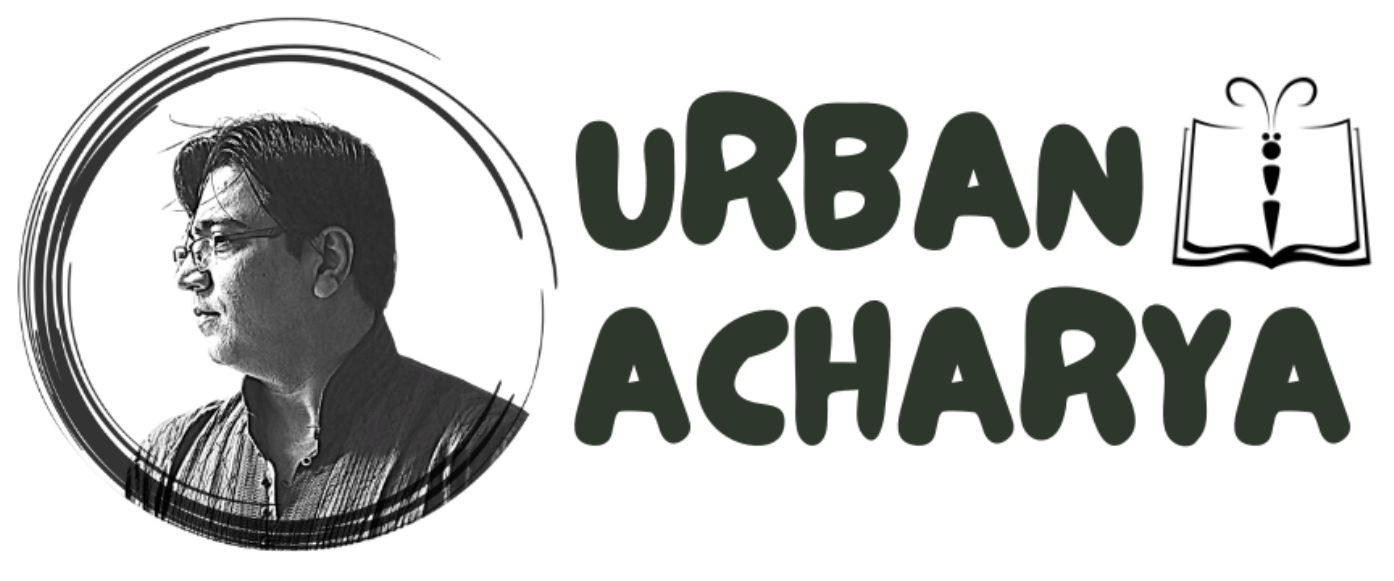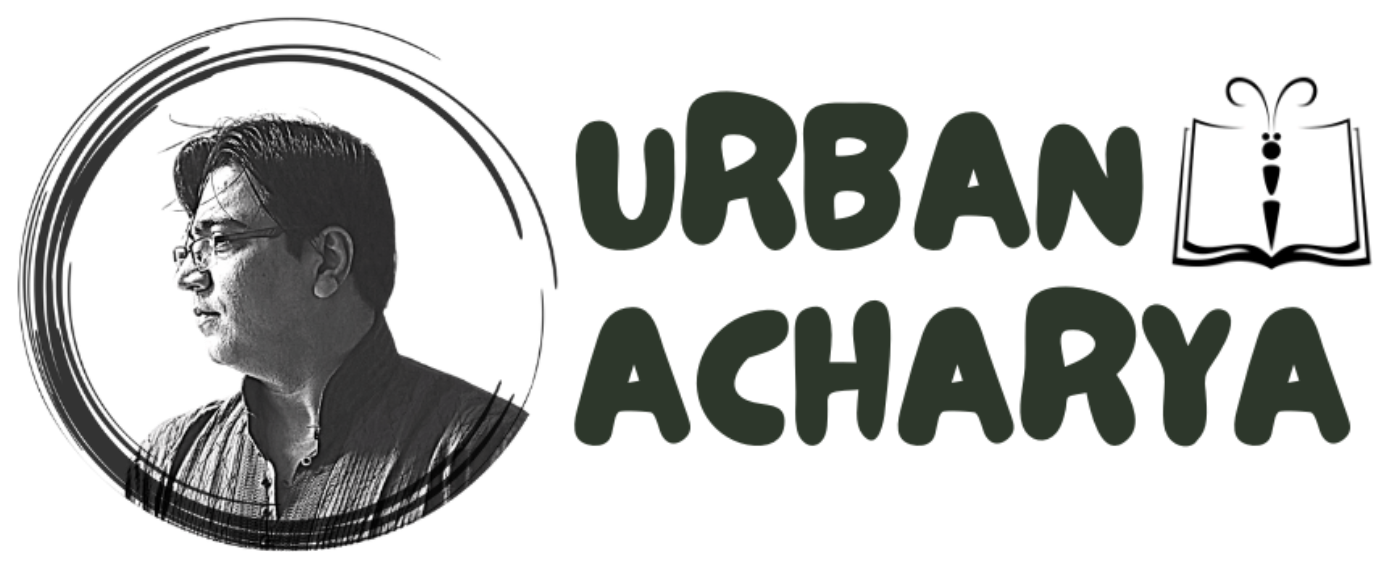
One of the most common and notorious questions that interviewers ask is – What is your greatest weakness? Or What are your weaknesses?
It is a tricky question to answer and it’s not always easy to come up with a good answer. This question can also be difficult to answer if you’re not prepared for it.
We’ll also do a post-mortem of what is the intent behind asking this question. What are the things about you that the interviewer is trying to gauge through this question?
In my experience with conducting interviews I have come across a range of answers from candidates like – I can’t resist food or I have a weakness for food, I tend to work too hard, I lose a sense of time while working, I am too soft and people take advantage of it easily, I am physically weak, I am a perfectionist, I don’t have any weakness, I don’t know about it.
There are two common elements in these answers –
(a) They appear to be scripted & in-sincere answers and they lack sincerity & honesty to a large extent.
(b) The complete lack of an important element known as self-awareness.
And that’s why when you resort to such answers, it doesn’t fly. It doesn’t hit the place where it is supposed to hit.
And that’s why the question “What are your Weaknesses?” is one of the biggest derailment factors.
What you need to understand and be aware of is when an interviewer asks “What are your weaknesses?”, the intent is to find out three things about you:
-
Whether you have a healthy level of self-awareness
-
Whether you can be open and honest, particularly about your shortcomings
-
Whether you pursue self-improvement and growth opportunities to combat these issues, as opposed to letting these weaknesses hold you back
To summarize, they want to see a demonstration or evidence of your shortcomings and how you’re working on them.
So please understand the virtues that are in play right now is, your honesty, your sincerity and your self-awareness that, yes, you have certain shortcomings, but you’re working on them.
I understand the candidate’s psychology here. You don’t want to respond to this question with a weakness that will prevent you from succeeding in the role.
For example, if you are applying for a role of a project manager, you don’t want to admit that you are not very good with “Time management.”
Fortunately, there are ways to answer this question that will help you demonstrate your value as a candidate.
I am going to suggest various ways to deal with this question, ways to answer “What are your Weaknesses?” and help you frame and articulate your answer.
Remember when you are answering this “What are your weaknesses?”, your sincerity and honesty will play a critical role and your answer will help form some kind of a faint emotional bond with the interviewer.
Because ultimately the interviewer will be interested in knowing what are you doing about your weaknesses, or shortcomings, what kind of improvement plan you follow, and how are you improving on them.
It has to be a very constructive storyline. Remember it is not about your weakness but the positive side of it, the positive storyline.
The interviewer or the panel doesn’t expect you to be perfect, and there are no perfect answers.
Let me clear a few myths – Bad answers to “What are your Weaknesses?”:
-
I tend to work too hard
-
I am a perfectionist
-
I can’t resist food
-
I don’t have any weakness
-
I can’t think of any weakness
-
I tend to lose sense of time
-
I can’t say No
-
I am too soft
These answers won’t work at all and these answers don’t say much about you, especially what the interviewer is trying to get to.
So there is going to be some disconnect there and it may derail the interview altogether.
Let me give you some examples now of how to answer “What are your weaknesses?”.
-
-
Inexperience with specific software or a non-essential skill.
-
-
-
Tendency to take on too much responsibility.
-
-
-
Nervousness about public speaking.
-
-
-
Hesitancy about delegating tasks.
-
-
-
Inability to say “No”.
-
Observe very carefully that these answers appear honest, genuine and sincere and they bring some degree of this element of self-awareness.
Let me elaborate on one of them.
Hesitation about delegating tasks. This is a good weakness to have and it is also a good weakness to discuss during the interview.
You can genuinely explain that it is hard for you to do this trade-off if you should do the task on your own or you should delegate.
So why do people hesitate in delegating task? There are two reasons behind it.
The most important of the reasons why you hesitate in delegating a task is because you feel it will take a lot of time to explain to someone how the task has to be done, so you can use that time to do that task for yourself.
Number two is that when you start delegating your work, you will be perceived as someone who is not hands-on and you’re delegating too much of work to your juniors.
So these are the genuine reasons why people hesitate to delegate. But this is definitely a shortcoming.
There has to be some mitigation around it, some action plan to work this out.
Similarly, Fear of public speaking is a genuine problem.
Not saying no is a genuine problem.
Taking too much responsibility, even when you have too many tasks, which you are unable to absorb and deliver is a genuine problem.
One needs to look at these examples and frame your answers around them or figure out similar examples of genuine shortcomings.
Let me share an experience with you.
So during one of my interviews a few years back, I asked a candidate – So what is your greatest weakness?
So this candidate took a pause and there was a bit of awkwardness then he abruptly said I think it is indecisiveness.
And I couldn’t stop smiling at his answer. I remember that interview, he had a good sense of humor.
So remember, be honest and demonstrate your self-awareness while you answer “What are your Weaknesses?” and give an answer that does not appear to be scripted.


